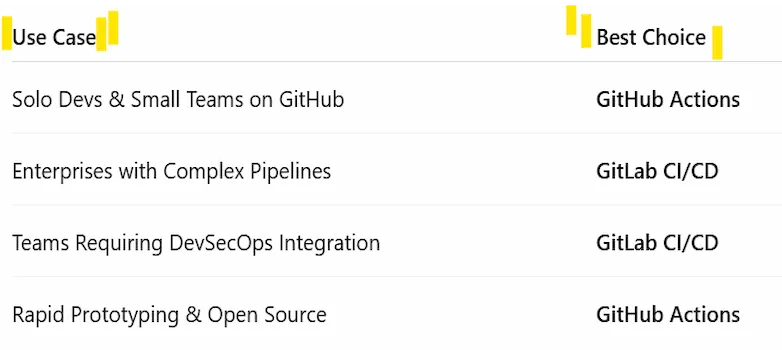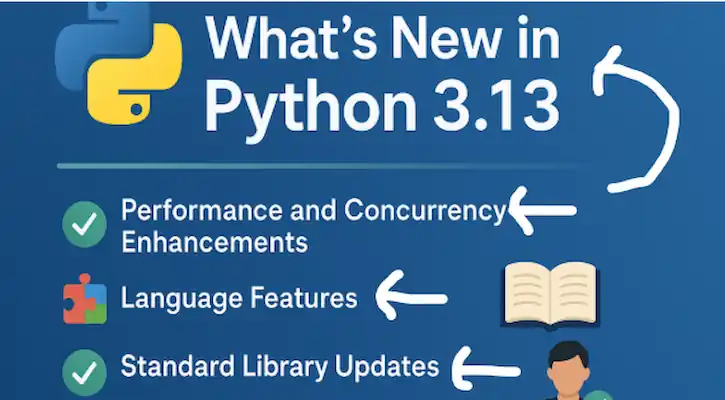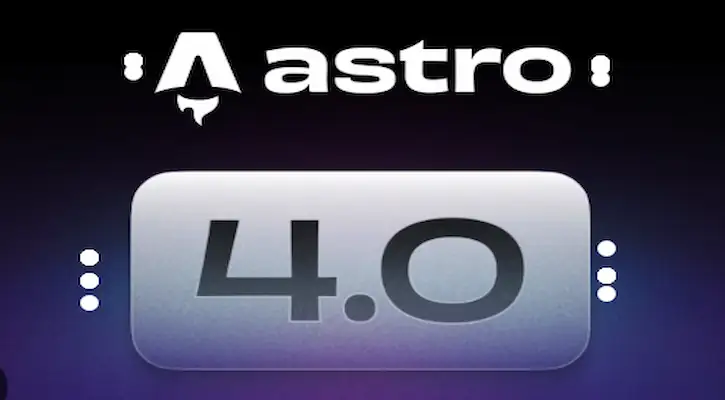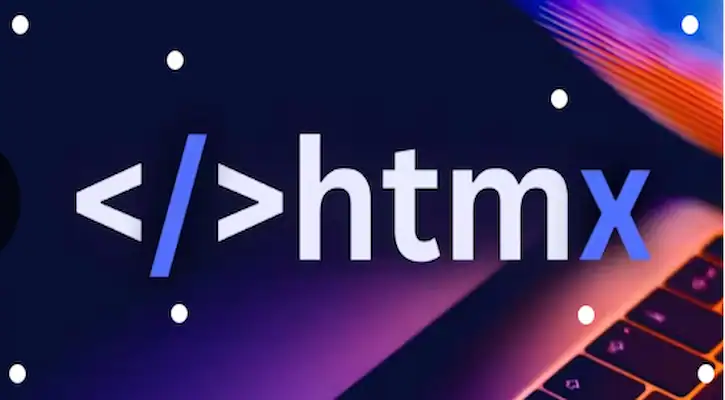Which CI/CD Tool Is Better in 2025, GitHub Actions or GitLab?
Continuous integration and deployment or CI/CD is still crucial to contemporary software development in 2025. GitLab CI/CD and GitHub Actions retain their dominance among the best technologies.
Although both have strong automation capabilities there are significant differences in their user experiences, features and ecosystems. This comparison will assist you in determining if GitLab CI/CD or GitHub Actions is a better fit for your team’s CI/CD requirements in 2025.

A Summary of Every Platform
GitHub Activities
GitHub’sintegrated CI/CD tool is called GitHub Actions. It enables you to use YAML settings to construct processes right in your repository. Strong event driven automation is provided and it is intricately linked with the GitHub ecosystem.
GitLab CI/CD
GitLab’s comprehensive DevOps platform includes GitLab CI/CD. It has robust self-hosted capabilities integrated security tools and support for sophisticated pipeline features. The GitLab interface is used to manage pipelines.
Comparing Features
1. Ecosystem and Integration
- GitHub Actions: Easily connects to markets and repositories on GitHub. Excellent for groups who already use GitHub for version control.
- GitLab CI/CD: Completely integrated with the GitLab DevOps platform which consists of tools for monitoring, security and project management.
Conclusion : GitHub Actions seems natural if you’re already a GitHub user. A more cohesive DevSecOps environment is provided by GitLab.
2. Configuration of the Pipeline
- GitHub Activities: supports Docker, Node.js, Python and other frameworks, and makes use of matrix builds and reusable processes. It is easy to configure.
- GitLab CI/CD: Provides sophisticated capabilities like as environments manual jobs parent child pipelines and auto devops.
Conclusion: GitHub Actions prevails for simplicity while GitLab offers more precise control for intricate deployments.
3. Compliance and Security
- GitHub Actions: Offers integration with GitHub Advanced Security (GHAS) identity federation with OIDC and secret management.
- Security scans (SAST, DAST and container scanning) and compliance management tools are integrated into GitLab CI/CD.
Conclusion: GitLab excels in governance and security particularly for regulated businesses.
4. Scalability and Performance
- GitHub Activities: provides support for bespoke runners and scalable hosted runners. Excellent results for light to moderate workloads.
- For intricate cloud-native processes, GitLab CI/CD offers support for distributed runners autoscaling and Kubernetes integration.
Conclusion: GitHub Actions is quicker for short, GitHub focused initiatives but GitLab prevails for large scale business settings.
5. Cost in 2025
- GitHub Activities: GitHub is free but extra minutes and storage are charged. GitHub Enterprise offers more expensive alternatives.
- GitLab CI/CD: Provides a sizable free tier; companies trying to keep expenses under control continue to favor self-hosting.
Conclusion: GitLab is more adaptable for hybrid or on-premise teams, whereas GitHub is more affordable for GitHub users.

Concluding remarks
In 2025, the CI/CD space will still be changing quickly. The decision frequently boils down to team preference and ecosystem alignment as both GitHub Actions and GitLab CI/CD get better. Carefully consider your requirements try out both platforms if you can and select the one that best fits your goals.









